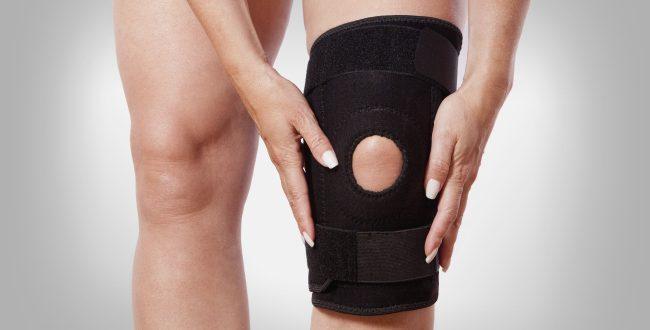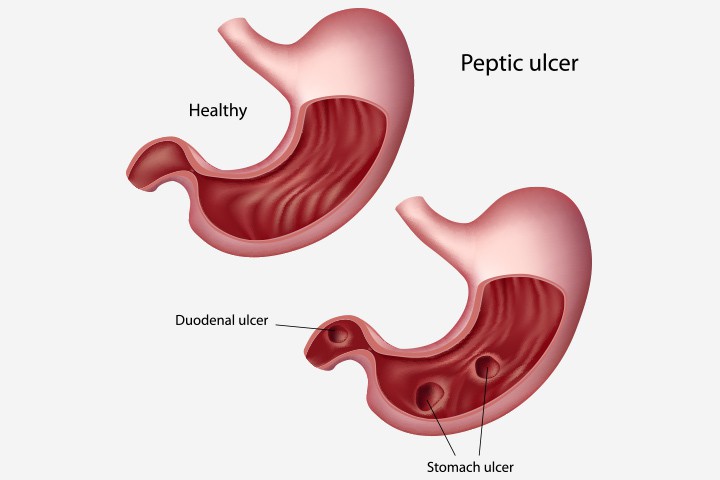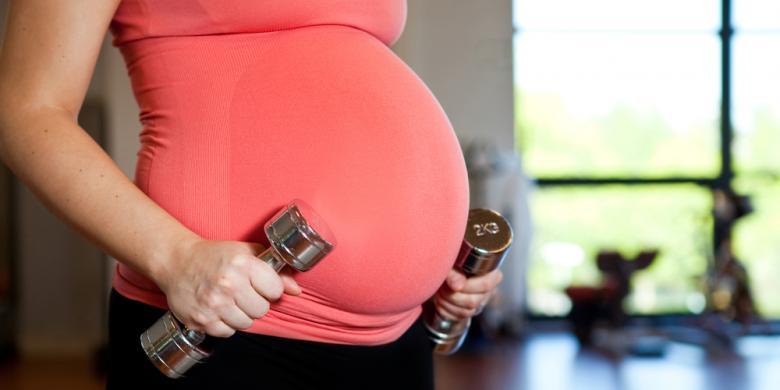Contents:
- Medical Video: Self-Massage for Nursing Mothers and New Moms from Louisville Massage Therapist Heather Wibbels, LMT
- Why doesn't ASI come out even after giving birth?
- Birth factor
- Maternal health factor
- Mother breast factor
- Management factors for breastfeeding
- What should I do if the milk has not come out on the fourth day?
Medical Video: Self-Massage for Nursing Mothers and New Moms from Louisville Massage Therapist Heather Wibbels, LMT
After giving birth, the next task is to breastfeed the baby. However, sometimes problems arise while breastfeeding. Some mothers complain that the milk does not come out so they cannot breastfeed their babies a few days after birth. This is a normal thing. Mother's milk (ASI) usually only comes out two to three days after giving birth to some mothers.
However, the problem is if the mother's milk does not come out until the fourth day or the mother's milk comes out but very little so that it is unable to meet the needs of the baby, and finally the milk does not come out. Smooth milk is also affected by baby suction. The more often the baby sucks the mother's breast to get milk, the more smooth the milk that comes out. However, if the milk comes out a little from the beginning so that eventually the mother rarely gives her milk to the baby, over time the milk production stops and the milk does not come out.
Why doesn't ASI come out even after giving birth?
Breast milk may not come out due to several factors, such as birth factors, factors during breastfeeding, maternal factors, and others. The following are causes of breast milk not coming out.
Birth factor
The birth factor can be the reason why breast milk doesn't come out. This birth factor, such as:
- Mothers are stressed or have traumatic childbirth because the labor process is very long or done by caesarean section which affects stress hormones which have an impact on delayed breastfeeding.
- The use of large amounts of intravenous fluids or intravenous fluids during labor can cause breast swelling and the availability of breast milk to be delayed until the breast returns to normal.
- Lots of blood loss, which is more than 500 ml. It usually occurs because the mother experiences bleeding after giving birth. This can interfere with the work of the pituitary gland in the brain that controls lactation.
- Any retained placenta that affects the function of the placenta can delay the milk coming out.
- Painkillers given during labor can also delay breastfeeding.
Maternal health factor
Mothers who experience health problems can affect hormones associated with breast milk production. Some conditions that can affect hormones and milk production are:
- Diabetes during pregnancy or gestational diabetes. Diabetes is divided into two types, namely diabetes caused by the body that is not producing enough insulin (type 1 diabetes mellitus) or the body cannot use insulin properly (type 2 diabetes mellitus). Insulin also influences milk production and large fluctuations in insulin can have an impact on breast milk reserves. However, not all mothers with diabetes have this problem. controlling blood sugar levels and insulin levels can help keep milk production stable.
- Gestational ovarian theca lutein cysts. These cysts develop during pregnancy and cause testosterone levels to increase, thus suppressing milk production after giving birth. Research shows that testosterone levels decrease after three to four weeks after the cyst is treated and eventually the breastfeeding process can run normally.
- Being overweight or obese. Mothers who are overweight before pregnancy are at risk of experiencing only a slight delay in the release of breast milk and breast milk. This is associated with low production of prolactin. If the cause of obesity is a metabolic disorder, such as polycystic ovary syndrome or hyperthyroidism, this is also a factor that affects breast milk reserves.
- Treatment done by the mother. Some drugs can cause little milk production, such as hormonal contraception. Hormonal contraception contains estrogen which can affect milk production.
Mother breast factor
Problems with the mother's breast can make the production of ASI a little and the milk is late. Some maternal breast problems that affect breast milk production are:
- Premature birth. Premature birth may cause the cessation of the growth of breast tissue that produces breast milk at the end of pregnancy, resulting in only a small amount of milk-producing tissue at birth. But this can be overcome by good management of breastfeeding so that the growth of breast tissue can continue after childbirth.
- Breasts are not fully developed. This can be caused by hypoplasia or insufficient mammary gland tissue.
- Surgery or injury to the breast, which makes the breast tissue lost or damaged or damaged nerves associated with milk removal.
- Unusual nipple shape, such as flat nipples or inside.
Management factors for breastfeeding
Separation of mother and baby after birth and poor start of breastfeeding can affect the release of breast milk. This is because the faster the mother's breast is emptied or the faster the nursing baby in the hours or the first day after birth is associated with higher breast milk reserves. If breastfeeding or pumping breast milk in the early days after birth is rarely done by the mother, the production of milk will little or even stop. Keep in mind, the more often breast milk is released, the more smoothly the production of breast milk.
What should I do if the milk has not come out on the fourth day?
Delaying the release of breast milk can cause the baby to lose weight and this can make the baby's physical and mental development hampered. Therefore, you should try "fishing" the milk out. It can be by way of skin contact with the baby, massaging the breast or pumping the milk out by hand every hour. It's best to always monitor your baby's weight, if the baby's weight drops more than 7% of the birth weight because the baby is not enough milk, maybe milk supplementation is needed, either from breast milk donors or formula milk.
READ ALSO
- Why Early Initiation of Breastfeeding in Babies Is Very Important
- 5 Wrong Myths About Breastfeeding
- List of Foods that Mothers Should Avoid
- Guide to Saving Breast Milk to Stay Durable











